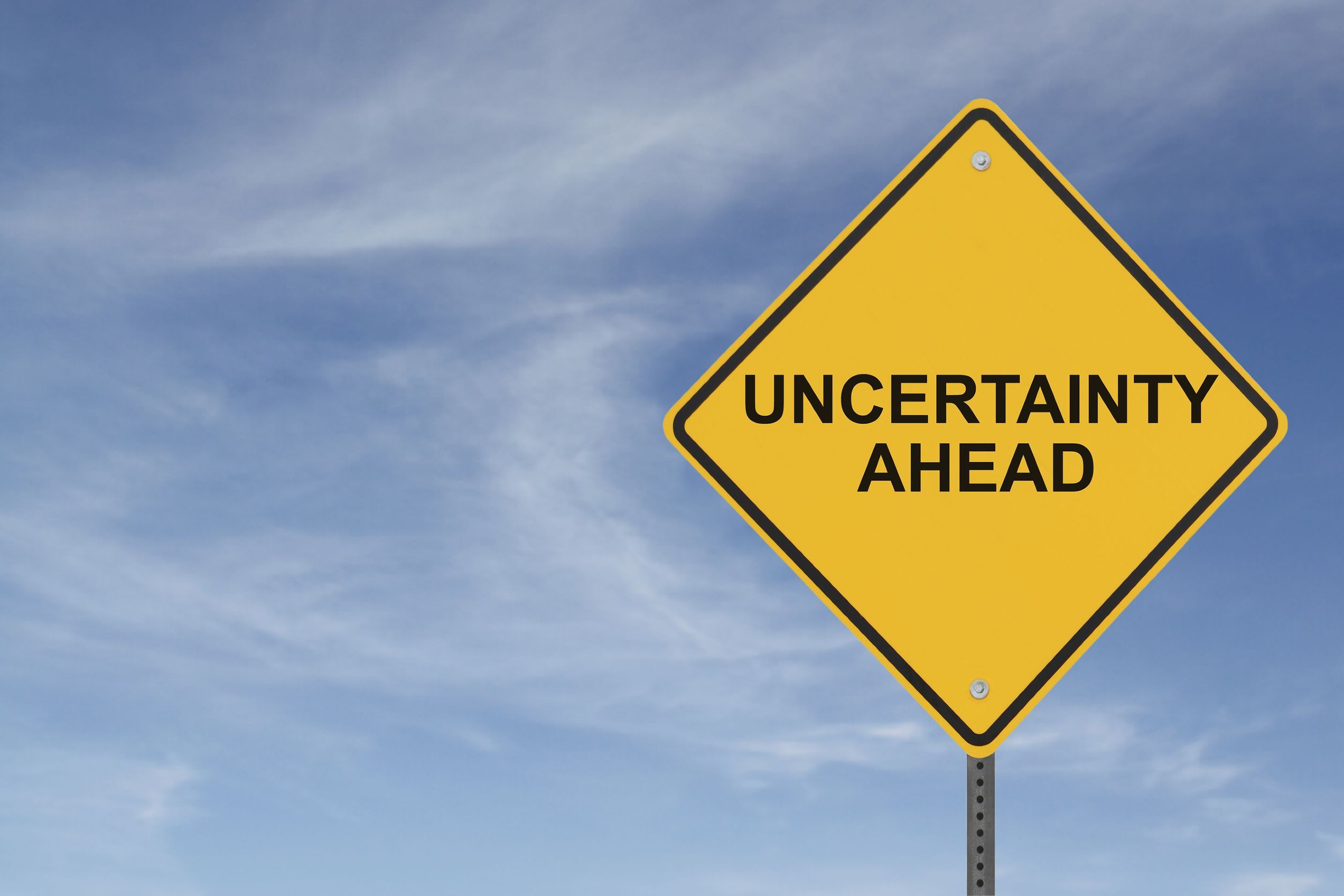Like all ordered systems, magical and spiritual schemes contain elements of uncertainty and chaos. No system or statement can be entirely true and must, at best, be an approximation. Uncertainty is the basis of Truth.
Most religious, magical and scientific systems follow a creation myth which has order emerging from a Chaotic state. Therefore, Order has a random chaotic base which creates uncertainty.
A person who says they have a complete truth is lying.
All religions and magical systems are at best approximations based on time, knowledge and perception. None of them can be entirely right or utterly wrong, but they must contain a greater or lesser amount of uncertainty and doubt. Ignoring uncertainty in the hope of hanging onto an uncertain truth creates a paradox where the truth becomes a lie. Fundamentalists seeking comfort in the certainty of what they consider a truth by ignoring uncertainly will inevitably find themselves living in a reality which is at war with Truth.
In a wholly ordered mechanical universe, magic would work every time. It would be a matter of knowing the correct ritual and performing it. Magicians have spent millennia attempting to build different “correct systems”, and yet magic does not always work. The reasons for this can be due to many different variables ranging from fate, astrological timing, magical ability, divine or daemonic intervention. When a person performs a magic ritual, they are uncertain if it will work, yet still, carry out the working in the hope of changing the Order. Uncertainty is then a natural part of their working.
Uncertainty means that systems such as fate, destiny, and karma which are supposed to bring Order and create a mechanical universe only partly work. They are only capable of creating broad themes for a person’s life but not the more chaotic “in between” moments. A person might be fated to win the lottery, but not fated to buy a blue shirt on Tuesday (unless that shirt is crucial to them winning the lottery). It is those moments of uncertainty where there is an illusion of a choice that creates a delusion of Free Will.
Uncertainty breaks down Order. Only by first doubting one’s Ordered universe does a person ever have the urge to change it. Revolutions do not happen in nations where the population has confidence in its government.
Why is this important?
A magician who wishes to create a different order must embrace uncertainty. A magician seeks to change order, and that requires uncertainty. This might be a reason why magicians in PGM invoke chaos Gods. They are attempting to create a system of uncertainty from which a new Order can arise. They must seek a balance between order and chaos, certainty and uncertainty aware that unity is a reflection of both.
Confessing uncertainty is more useful than professing the truth, as truth is unlikely to be ever complete. As Socrates said, “We are only as wise as our awareness of our ignorance.”
